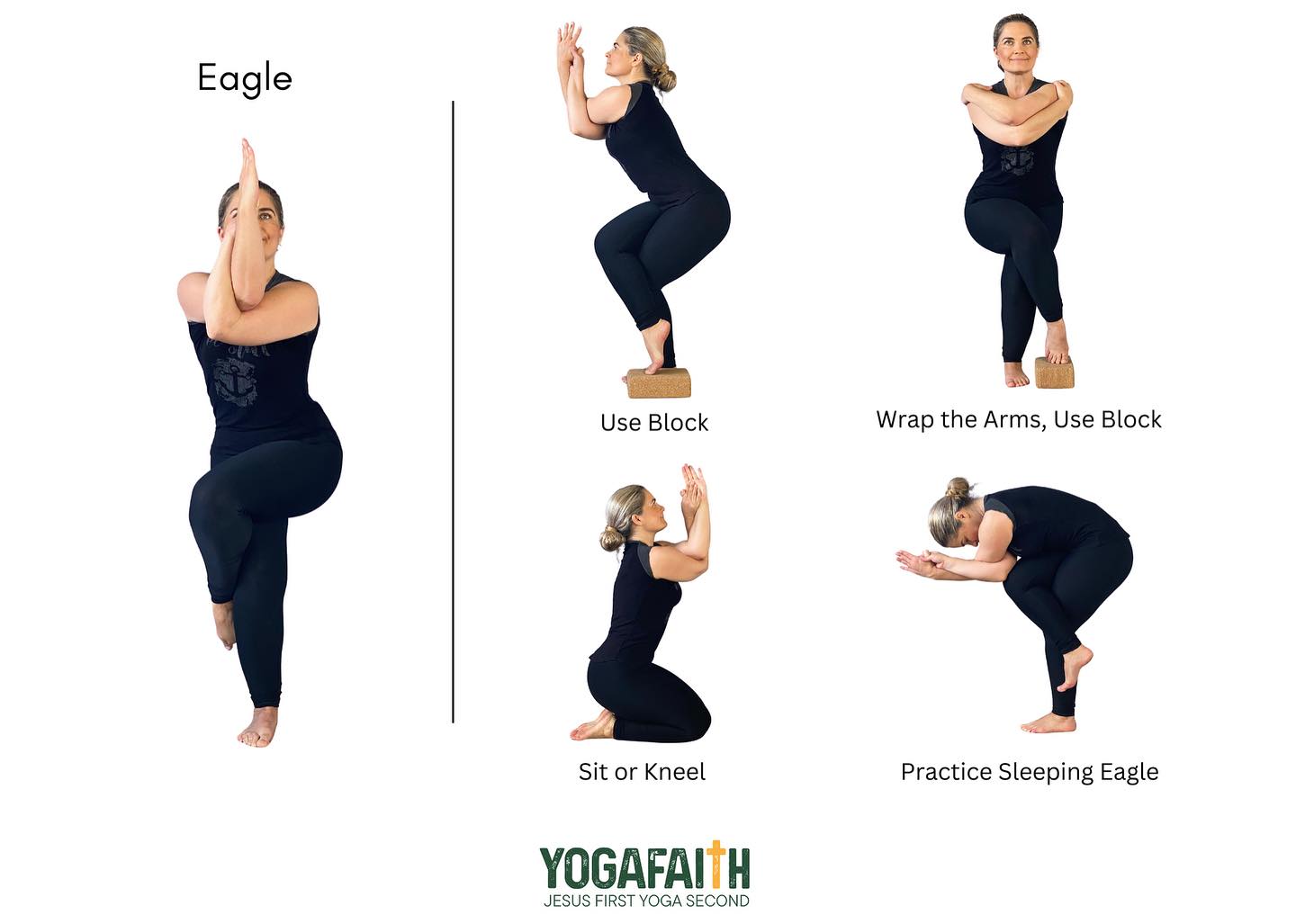In recent years, the popularity of online yoga instructor classes has surged. Many aspiring yoga teachers are now opting for online programs as a flexible and accessible way to pursue their passion. But the question arises: Can online yoga training prepare you for a successful career? Let’s explore the advantages, challenges, and key aspects of online yoga certification programs to help answer that question.
Why Choose Online Yoga Training?
One of the most appealing factors of yoga instructor classes online is the flexibility they offer. With a wide range of programs available, you can choose the one that best fits your schedule and learning style. Unlike traditional in-person classes, online programs allow you to learn at your own pace and from the comfort of your home.
- Flexibility and Convenience
Many people lead busy lives, juggling work, family, and personal commitments. Online yoga training makes it easier to integrate education into your daily routine. You can access lessons, videos, and resources whenever you have time, without the need to commute to a studio. This flexibility is particularly beneficial for those who may not have access to high-quality yoga programs locally. - Access to Expert Teachers
Online platforms often feature renowned yoga instructors from around the world. This means you have the opportunity to learn from top experts in the field, regardless of where you live. These instructors offer a wealth of knowledge and can provide insights that you might not get from a local class. - Cost-Effective Learning
Pursuing a career as a yoga instructor can be expensive when considering traditional, in-person training programs. Online yoga instructor classes are generally more affordable. The savings on travel, accommodation, and other expenses make online training a more cost-effective option. - Access to a Global Community
By participating in online yoga training, you join a global community of yoga enthusiasts. Many programs have forums, social media groups, or live events where you can connect with fellow students from different parts of the world.
The Challenges of Online Yoga Training
While online yoga instructor classes have many benefits, they also come with challenges. Being aware of these potential obstacles can help you better prepare for your training and future career.
- Lack of In-Person Interaction
One of the biggest challenges of online yoga training is the lack of in-person interaction with instructors and peers. In a physical classroom, instructors can give hands-on adjustments and offer immediate feedback. - Self-Motivation is Key
Online learning requires a high level of self-motivation. Without the structure of a traditional classroom, it’s up to you to stay disciplined and committed to your studies. You’ll need to manage your time effectively and stay on track with lessons, assignments, and practice sessions. - Limited Opportunities for Hands-On Teaching Practice
A critical component of yoga teacher training is gaining hands-on teaching experience. While online programs can offer virtual teaching exercises, they may not provide as many opportunities for live, in-person practice. This can make it challenging to build confidence as a new instructor, especially when it comes to leading classes or adjusting students’ postures.
What to Look for in an Online Yoga Program
If you’re considering pursuing your yoga instructor certification online, it’s important to choose a program that meets your needs and provides a well-rounded education. Here are some key factors to keep in mind when selecting an online program.
- Accreditation and Certification
Ensure that the program is accredited by a reputable organization, such as Yoga Alliance. This guarantees that the curriculum meets industry standards and that your certification will be recognized globally. An accredited program will cover essential topics, including anatomy, yoga philosophy, teaching methodologies, and ethics. - Comprehensive Curriculum
A good online yoga program should offer a comprehensive curriculum that covers both the theoretical and practical aspects of yoga teaching. Look for programs that provide a balanced approach to learning, with modules on teaching techniques, alignment, anatomy, and yoga philosophy. - Interactive Learning Options
While online programs may lack the physical interaction of in-person classes, many offer interactive learning opportunities. Look for courses that include live sessions, discussion forums, or one-on-one mentorships. These features allow you to ask questions, engage with instructors, and receive feedback, making your learning experience more dynamic and personalized. - Access to Resources and Support
The best online programs provide ongoing support and access to resources even after you complete your training. Whether it’s additional teaching materials, continued education opportunities, or access to a network of fellow instructors, these resources can be invaluable as you transition into your career.
In Conclusion
Online yoga instructor classes offer a flexible, cost-effective, and comprehensive way to prepare for a successful career in yoga. While there are challenges, such as the need for self-motivation and limited in-person interaction, these can be addressed with dedication and a strong support network. If you’re ready to take the next step in your yoga journey, consider exploring accredited online yoga programs. Investing in the right program can set you on the path to a fulfilling career as a yoga instructor.

